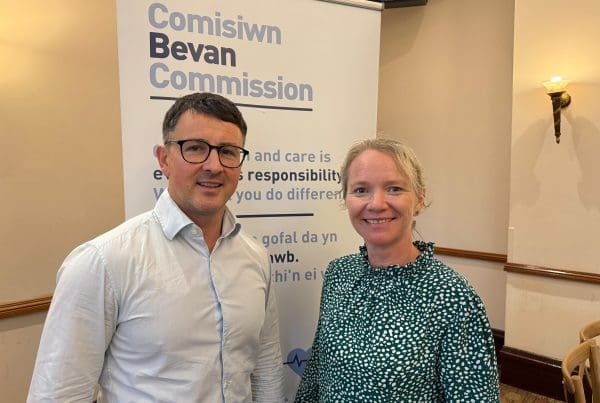Sarah Tamplin, Lisa Davies and Janet Bower
Hywel Dda University Health Board
Background
Lifestyle Medicine is an emerging medical discipline dedicated to the prevention and treatment of chronic diseases through evidence-based lifestyle interventions. It highlights the critical role of behavioural changes in areas such as nutrition, physical activity, sleep, stress management, social connections, and the avoidance of harmful substances. With the increasing prevalence of conditions like diabetes, heart disease, and obesity—often linked to lifestyle factors—Lifestyle Medicine has gained significant momentum.
- Nutrition
- Physical activity
- Restorative sleep
- Stress management
- Avoidance of risky substances
- Positive social connections
Aims and Objectives
- Encourage healthier lifestyle choices
- Empower participants with knowledge and confidence
- Promote peer support and problem-solving
- Prevent worsening of chronic conditions
- Foster sustainable change and motivation
Approach
The 9-week programme offers six themed sessions focusing on Sleep, Emotional Wellbeing, Food, Substances, Movement, and Relationships. Participants benefit from initial and follow-up one-to-one consultations, group health coaching, and interactive workshops. The programme also includes free and discounted leisure memberships, alongside ongoing support from a Community Connector to help guide and encourage engagement throughout.
Outcomes

- VAS (Visual Analogue Score) scores improved for 8 out of 9 participants
- Blood pressure improved for 4 out of 6 participants
- Average weight loss of 1.43kg
- Boditrax scores and metabolic age improved
- Strong participant satisfaction and recommendations
Impact
- Increased physical activity and social engagement
- Improved mental wellbeing and confidence
- Formation of peer support networks
- Enhanced understanding of lifestyle factors
- Positive feedback and continued participant engagement post-programme
Conclusions
- Programme successfully motivated lifestyle changes
- Peer support and community connection were critical
- Participants continued healthy habits post-programme
- High demand for future cohorts
Case Study: Abi’s Lifestyle Medicine Story
Back in November 2024, I had what I call my “sliding doors moment.” After four years of medical treatments, my health had taken a real knock. A blood test showed my blood sugars were high, my blood pressure was up, and on top of that I was struggling with anxiety and low mood.
I’d normalised being unwell. I spent so much time “resting” and “recovering” that I forgot how to actually live. I’d lost confidence in my body, to the point where even going shopping on my own felt overwhelming.
Then I had a really honest chat with my GP. I told her everything, and she referred me to the Lifestyle Medicine programme. Honestly, I was nervous—it was way out of my comfort zone—but I made myself go to the first session in January 2025.
That’s when things started to shift. Over nine weeks of workshops, coaching, and group support, I slowly started to rebuild. Being around people going through similar things was a huge comfort—we even set up a WhatsApp group that we still use now.
One of the big turning points came on a family beach walk. Normally, I’d have avoided the “big hill,” but this time I thought, just try it. It was hard, but I got to the top—and when my son hugged me and said, “Well done Mum, I’m proud of you,” I could have cried. That moment was worth everything.
I loved the session on mental health and wellbeing—learning about sleep, stress, and relationships gave me practical tools I still use. I also tried exercise classes I’d never have dared to join before, thanks to the encouragement of the leisure team.
Nine months later, I’m still using everything I learned. My original goal was simple: to manage that beach walk without feeling like I’d keel over. Now, I’ve done so much more. I’ve visited family I used to avoid, gone back to the theatre and dance, joined yoga and Pilates, and even started lifting weights with my teenage sons (which I actually love!). I’ve also signed up to university again—to study poetry and prose.
One of the best lessons was the “80/20 comfort zone” rule—living 80% in your comfort zone and 20% outside it. That 20% has been life-changing for me. It’s where the growth happens, and it’s pushed me to try things I’d never imagined.
The results speak for themselves. I’ve lost four stone, my blood pressure and blood sugars are back to normal, and I’m in a much better place for when I eventually need surgery. Most importantly, I don’t accept feeling unwell anymore.
Right now, I’m focused on becoming the fittest, strongest version of myself—so I can sling on a backpack and travel around Europe.
And that “big hill” beach walk? These days, it’s a piece of cake.





